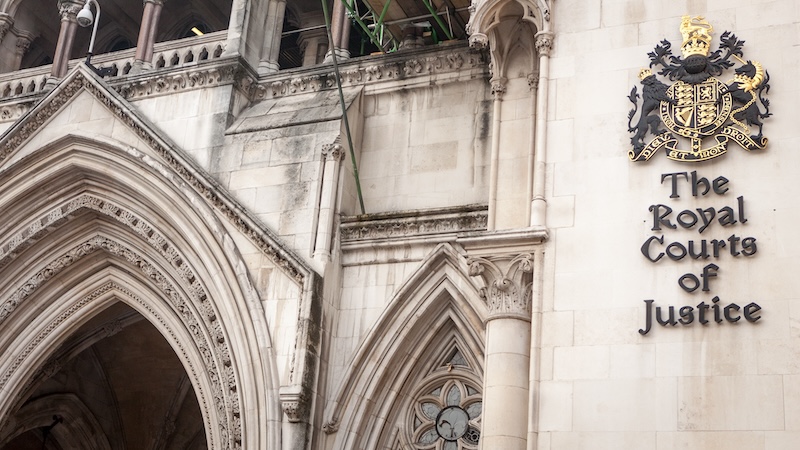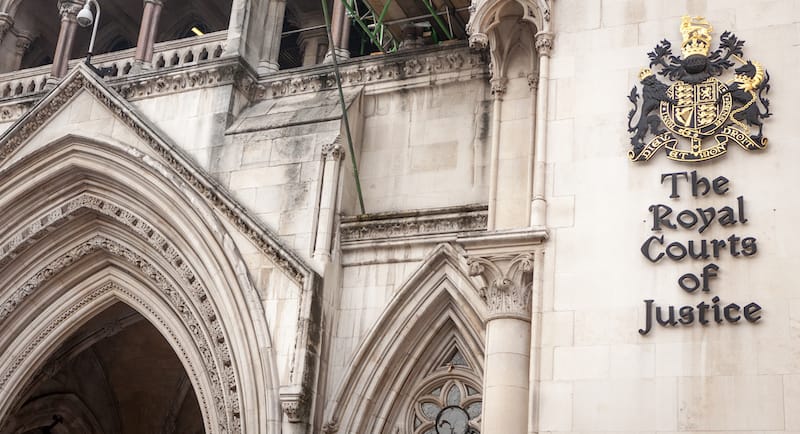‘Unidentified glitch’

A High Court judge has issued a stern warning to solicitors after their client breached a court embargo by sending a confidential draft judgment to her husband.
Three days before ruling on an inheritance dispute, His Honour Judge Paul Matthews circulated the draft judgment to parties and their lawyers. In this instance the claimant was invited by her solicitors to check for typos.
The draft judgment — including the substance of what it said — was under a court embargo, meaning it was private to be seen by the parties and their lawyers only.
However, according to the ruling, the draft was sent to the claimant’s husband’s email account by “some kind of automatic forwarding operation” after the firm emailed it to their client — the claimant. By forwarding the draft to her husband, the claimant disclosed the judgment to a third party, breaching that embargo.
A senior partner at the firm said the claimant had been “clearly advised” not to circulate the judgment, but that “due to some currently unidentified glitch”, the draft ended up visible in her husband’s inbox. The claimant and her husband sat down together to review the entire draft judgment, aiming to identify any “typographical errors”.
The ruling says the husband was “somewhat confused” to be told he should not have seen the judgment as he “did not consider himself to be a ‘third party’”.
The judge did not accept that, ruling the husband did “not explain why he did not consider himself to be a third party… He was simply a witness, and that was all. The mediaeval idea that man and wife are one person in law was exploded long ago. He had no proper basis for supposing that he was exempted from the embargo”.
While the firm’s senior partner “very properly” informed the court about the breach, the judge was not satisfied, noting that the terms of the embargo were “not made express in the letter from the solicitors to their client. Any solicitors who do not do this already really ought to do so in future. The clearer the instructions to the lay client are, the better.”
The firm apologised for not having taken such steps as might have pre-empted or avoided this issue, and the claimant apologised for the “unintended disclosure.”
The judge held that the firm had not “failed in principle to bring home the obligation of confidentiality to that client, as was their duty. It is simply a pity that she did not understand its extent… When the court gives an instruction, it is intended to be followed. On a future occasion, the court may not be so generous.”
Finding that “no real harm” had come about, the judge did nothing further, except warn that breaching a court embargo “is a serious legal matter which may lead to proceedings for contempt of court, and punishment in appropriate cases”.
The judge added:
“The lay parties to litigation really do have to understand that the circulation of draft judgments to them is a privilege… If laypeople cannot deal with this, judges will not be able to trust them with draft judgments for the future.”
In a final warning, the judge said “solicitors who pass on embargoed material to their clients [must] ensure that there is not an inadvertent forwarding (automatic or not) of such material to third parties”.

